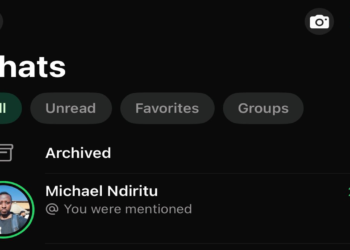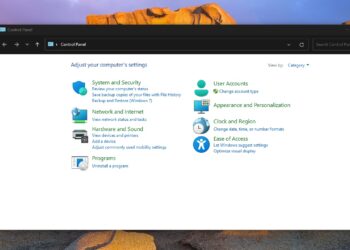Google Maps is an incredibly useful tool that most users do not generally give much thought to when using it. But ever wanted to explore an alternative to it? A mapping service that is on the same level as Google Maps, especially on Android, is impossible to find.
The majority of applications that require mapping services such as Uber and the like typically rely on the Google Maps API. As is always the case when a company becomes a monopoly in a certain area, a price hike soon follows. In 2018 for instance, Google Maps hiked its price by more than 1,400 percent.
Google also prevents developers from combining the Google Maps data with any other dataset, as well as creating products that compete with those developed by Google. With these kinds of restrictions, something had to change.
Linux Foundation, a global non-profit organization, has announced that it has partnered with some major players in the tech scene to create an interoperable open map data to compete with Google Maps. The new initiative called “Overture Maps Foundation” is founded by Amazon Web Services(AWS), Meta, Microsoft and TomTom.
Linux Foundation explains that the foundation is open to everyone with a common interest in building open map data. The aim is to create a shared asset that can strengthen mapping services worldwide. The map data will be open and extensible by all under an open data licence.
“Overture’s mission is to enable current and next-generation map products by creating reliable, easy-to-use, and interoperable open map data. This interoperable map is the basis for extensibility, enabling companies to contribute their own data,” the Linux Foundation explains in a blog post.
With the project bringing in different players, they are aware that such a massive undertaking can not be realistically undertaken by a single organization from scratch and within a reasonable time period. Hence, they have to pool their resources to achieve this goal. Overture expects to release its first dataset in the first half of 2023.
“Mapping the physical environment and every community in the world, even as they grow and change is a massively complex challenge that no one organization can manage. [The] Industry needs to come together to do this for the benefit of all,” explains Jim Zemlin, executive director, of the Linux Foundation.
From the list of partners, Apple and Google are missing, which might be because they offer mapping services of their own and have no interest in aiding the development of a future competitor. If the Linux Foundation and its partners are successful, costs for everyone would go down, which ultimately benefits the consumers.











